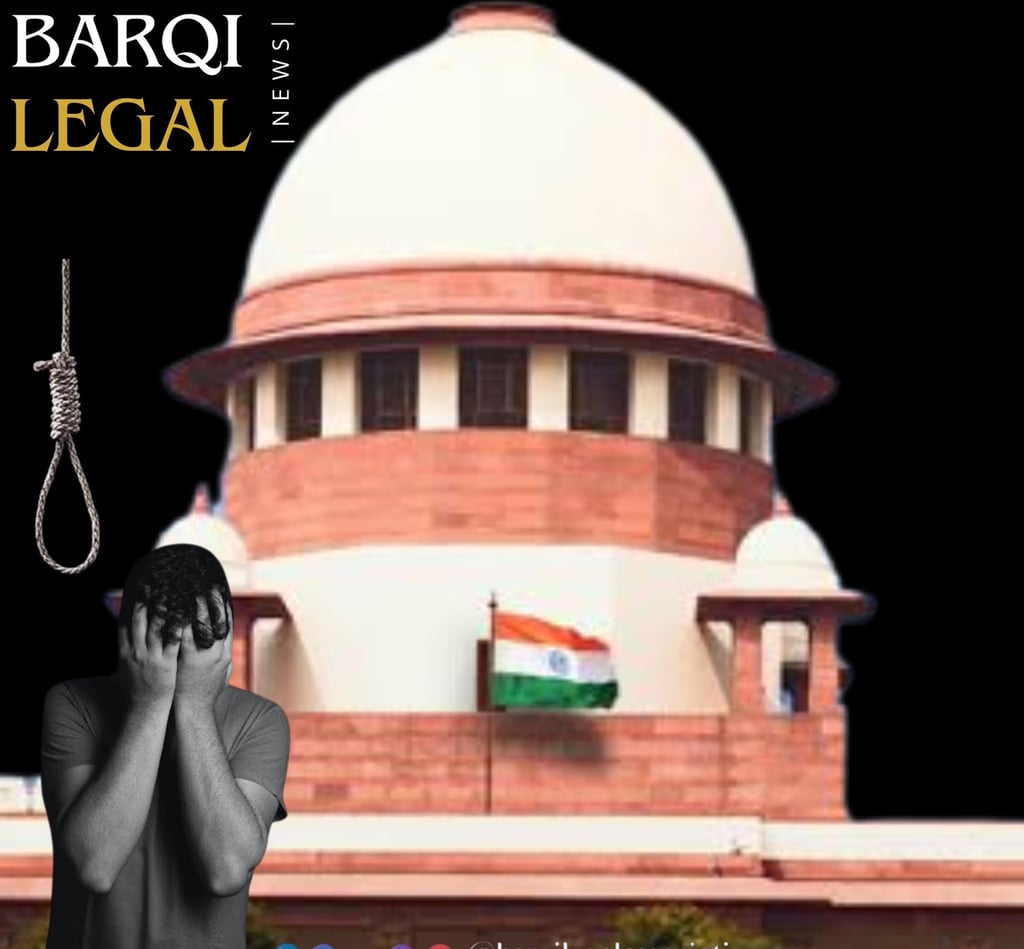Supreme Court Criticizes Unnecessary Prosecutions in Suicide Abetment Cases Due to Misapplication of Law
Supreme Court quashed an abetment to suicide case against senior officials of Hindustan Unilever Limited (HUL).
10/8/20242 min read


In the case of Nipun Aneja and Others vs. State of Uttar Pradesh, the Supreme Court quashed an abetment to suicide case against senior officials of Hindustan Unilever Limited (HUL), while issuing a cautionary message to both the police and lower courts regarding the improper application of legal principles in such cases. The Court noted a troubling trend where courts often assume intent based solely on the occurrence of suicide, without delving deeper into the facts and evidence. It emphasized that such an approach is flawed and overlooks the nuances of each case.
A bench consisting of Justices JB Pardiwala and Manoj Misra expressed concern that many courts incorrectly infer an accused's intent to abet suicide simply because the act occurred, without thoroughly analyzing the specific circumstances of the accusation. The judges highlighted that the failure to correctly apply legal principles often leads to unnecessary prosecutions in abetment to suicide cases. The Court clarified that it is not enough for the accused to be connected to the victim’s death; there must be evidence that the accused intended the victim to commit suicide for the offence under Section 306 of the IPC to be made out.
The Court emphasized that the core test in determining whether abetment to suicide has been committed is whether there is even a prima facie indication that the accused had the intent to cause the act of suicide. Simply because a person has committed suicide, it cannot be automatically assumed that others around them encouraged or incited the act. There must be direct and significant evidence of instigation or incitement.
During the proceedings, Senior Advocate Gagan Gupta, along with Advocate on Record Nikhil Jain, argued that the elements of Section 306 IPC were not satisfied because the appellants had no intention of encouraging or provoking the deceased to take his own life. The Supreme Court accepted this argument, concluding that without clear evidence of direct and alarming incitement by the accused, the charge of abetment to suicide could not be sustained.
In overturning the High Court's decision, the Supreme Court underscored that unless there is direct and provable instigation by the accused, the charge of abetment to suicide cannot be upheld. The judgment serves as a reminder for courts to carefully apply the correct legal principles and not assume intent where none is proven, in order to prevent unwarranted prosecutions.
